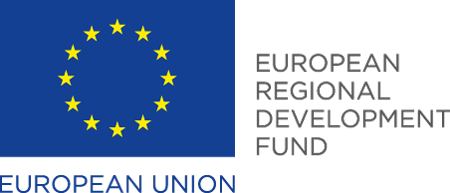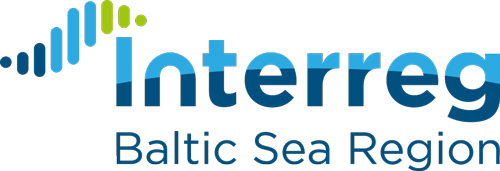Maritime Spatial Planning focus for MONALISA at GreenFjord
MONALISA 2.0 had its debut in Western Norway during the ‘Green Fjord’ conference in Geiranger, January 22/23, 2014.
Green Fjord 2020 is the forum which is about to outline a green future for the unique UNESCO World Natural Heritage Site of ‘Western Norwegian Fjords’, famous for its fantastic panoramic scenery with steep mountains and deep fjords.
With a vision of ‘leaving no footprints behind’, the conference gathered local, regional and international expertise on how to achieve sustainable regional development within a framework of environmental initiatives, green technologies and conservation of existing cultural values.
Increasing the profile of the area and sharing the popular travel destination with many visitors from across the globe, provides both challenges and opportunities. Transport – by sea and by land – is one of them; most of the hundreds of thousands of guests visit Geiranger by cruise-ship during the summer season. Air pollution and traffic control issues were some of problems addressed by the conference.
Annelise Chapman (Møreforsking AS, Norway) gave a talk where she presented MONALISA’s work on Maritime Spatial Planning in the context of ‘environmental transport at sea’.
The Southern Norwegian Sea, including the UNESCO world heritage area around Geiranger, is one of three pilot areas for Sea Traffic Management operations and tools. Testing dynamic routes is especially relevant in an area which is equally rich in marine environmental resources, pristine coastal environments and human activities. Maritime Spatial Planning is a valuable tool for avoiding conflicts among users, and MONALISA 2.0 addresses such issues in an integrated fashion.
Fabio Ballini (WMU, Sweden) represented the project during the conference arena, where a large variety of technology exhibitors and research institutions invited the diverse audience to a dialogue on innovative solutions to the environmental challenges of the region.
Aside from flagging the important work MONALISA 2.0 does in this joint forum for sustainable development, numerous contacts were established with respect to integrating issues for coastal zone management, environmentally friendly ship traffic and economic advancement in coastal areas.







